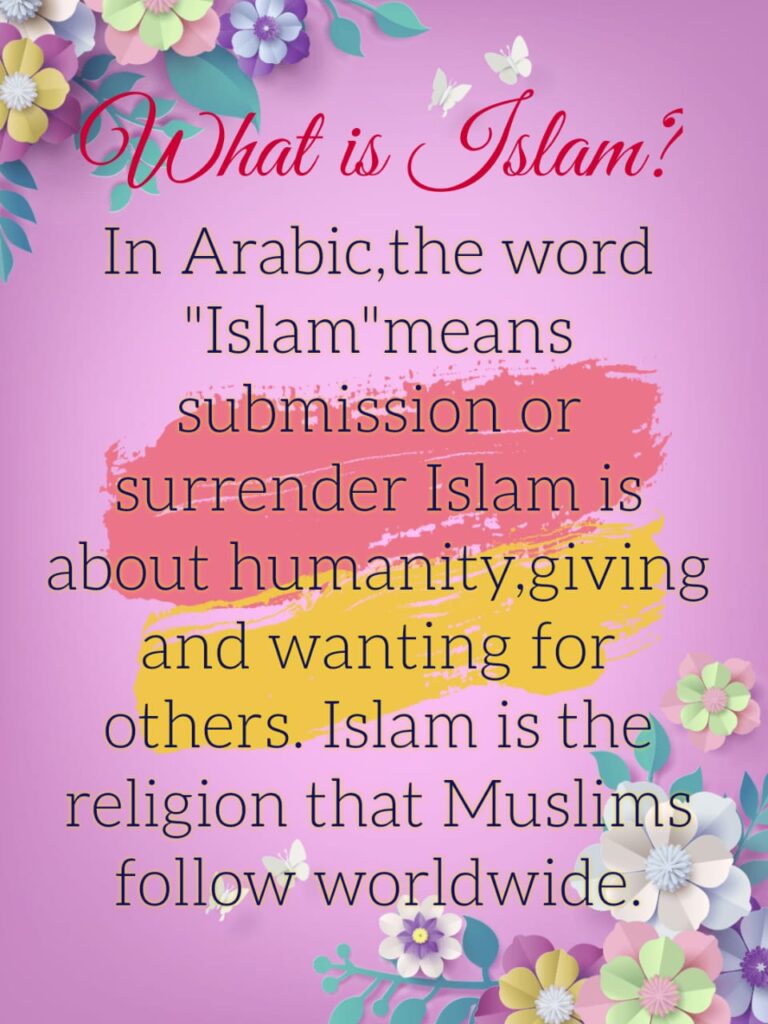IS MUSIC HARAM IN ISLAM?
Allaah says in Soorat Luqmaan (understanding of the
importance):
“Furthermore, of humanity is he who buys inactive
discussions (for example music, singing) to misdirect (men) from the way of
Allaah…” [Luqmaan 31:6]
Is music haram in islam?
The researcher of the ummah, Ibn ‘Abbaas (may Allah be
satisfied with him), said: this implies singing. Mujaahid (may Allaah show
leniency toward him) said: this means playing the drum (table). (Tafseer
al-Tabari, 21/40).
Is music haram in islam?
Al-Hasan al-Basri (may Allaah show benevolence toward
him) said: this aayah was uncovered concerning singing and instruments (lit.
Woodwind instruments). (Tafseer Ibn Katheer, 3/451).

Al-Saadi (may Allaah show benevolence toward him) said:
this incorporates all ways of haraam discourse, all inactive talk, and
misrepresentation, and all hogwash that empowers kufr and insubordination; the
expressions of the individuals who direct sentiments toward discredit reality and
contend on the side of lie to overcome fact; and defaming, criticize, lies,
put-downs and reviles; the singing and instruments of the Shaytaan; and
tools which are of no otherworldly or familiar advantage. (Tafseer
al-Saadi, 6/150)
Ibn al-Qayyim (may Allaah show benevolence toward him)
said: The translation of the Sahaabah and Taabi’in, that ‘inactive talk.’
alludes to singing, is adequate. This was accounted for with Saheeh isnads from
Ibn ‘Abbaas and Ibn Mas’ood. Abu’l-Sahbaa’ said: I got some information about
the aayah (understanding of the significance), ‘”And of humanity is he who
buys inactive discussions’ [Luqmaan 31:6]. He said: By Allaah, other than Whom
there could be no other god, this implies singing – and he rehashed it multiple
times. Likewise, it was announced with a Saheeh isnad from Ibn ‘Umar (may Allaah
be satisfied with them both) that this implies singing. There is no logical
inconsistency between the translation of “inactive talk” as which
means singing and the understanding of it as which means accounts of the
Persians and their rulers, and the rulers of the Romans, etc, for example,
al-Nadr ibn al-Haarith used to tell to individuals of Makkah to divert them
from the Qur’an. The two of them are inactive talk. Consequently, Ibn ‘Abbaas
said: “Inactive talk”,, lies and singing. A portion of the Sahaabah
said one, and some said the other, and some said both. Singing is more terrible
and more unsafe than accounts of lords since it prompts zinaa and makes fraud
fill (in the heart); it is the snare of the Shaytaan, and it mists the brain.
How it blocks individuals from the Qur’an is more awful than how different
sorts of bogus talk stop them since individuals are typically disposed towards
it and will quite often need to pay attention to it. The aayaat denounce
supplanting the Qur’an with an inactive address to deceive (men) from the way of
Allaah without information and accepting it as a joke since when an ayah of the
Qur’an is recounted to such an individual, and he turns his back as though he heard
them not, as though there was deafness in his ear. Assuming that he hears
anything of it, he ridicules it. All of this happens because of
individuals who are most adamantly kaafirs, and taking some of it happens to
vocalists and the people who pay attention to them. The two of them have a
portion of this fault. (Ighaathat al-Lahfaan, 1/258-259).
It was portrayed that Mujaahid (may Allaah show
benevolence toward him) said: “And befool them progressively those whom
you can among them with your voice” – his voice [the voice of
Iblees/Shaytaan] is singing and deception. Ibn al-Qayyim (may Allaah show
leniency toward him) said: This idaafah [possessive or genitive development,
i.e., your voice] serves to make the significance explicit, likewise with the
expressions [translated as] “your rangers” and “your
infantry” [later in the equivalent aayah]. Every individual who talks in
any capacity that isn’t loyal to Allaah, every individual who blows into a
woodwind or other woodwind instrument, or plays any haraam sort of drum,
is the voice of the Shaytaan. Every individual who strolls to submit some
demonstration of insubordination towards Allaah is essential for his [the
Shaytaan’s] infantry. Any individual who rides to abandon sin is necessary
for their rangers. This is the perspective on the Salaf, as Ibn ‘Abi Haatim
described from Ibn ‘Abbaas: his infantry is every individual who strolls to
resist Allaah. (Ighaathat al-Lahfaan).
It was accounted for from Abu Umaamah (may Allaah be
satisfied with him) that the Messenger of Allaah (harmony and favours of Allaah
arrive) said: “Don’t sell singing slave ladies, don’t get them and don’t
educate them. There is no good thing in this exchange, and their cost is
haraam. Concerning such things as this the aayah was uncovered (translation of
the signifying): ‘And of humanity is he who buys inactive discussions (for
example music, singing) to misdirect (men) from the way of Allaah…’ [Luqmaan
31:6].” (Hasan hadeeth)
The Messenger of Allaah (harmony and favours of Allaah
arrive) said:
“Among my ummah, there will positively be
individuals who grant zinaa, silk, liquor, and melodic instruments…”
(Narrated by al-Bukhaari ta’leeqan, no. 5590; described as mawsool by
al-Tabaraani and al-Bayhaqi.
Ibn al-Qayyim (may Allaah show leniency toward him) said:
This is a Saheeh hadeeth described by al-Bukhaari in his Saheeh, where he cited
it is proof and expressed that it is mu’allaq and may zoom. He said: Chapter on
the thing was described concerning the individuals who grant liquor and call it
by another name.




